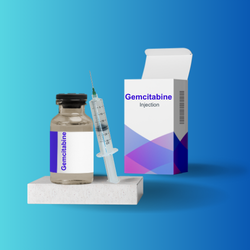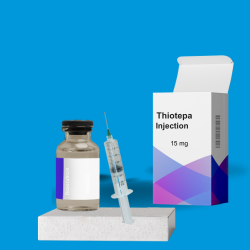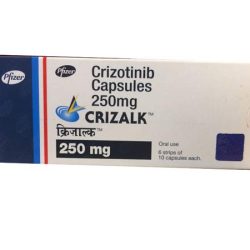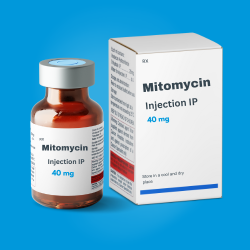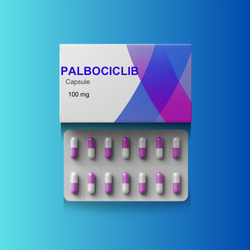Description
What is Gemcitabine and what it is used for:
Gemcitabine belongs to a nucleoside metabolic innovator class drug that is generally used in combination with carboplatin to treat advanced ovarian cancer in a patient who has received at least one prior platinum-based therapy. This drug is also used to treat metastatic breast cancer when combined with paclitaxel and non-small-cell lung cancer in combination with cisplatin, as single-agent Gemcitabine is recommended for treating pancreatic cancer.
Mechanism of Action of Gemcitabine:
Gemcitabine kills cells undergoing DNA synthesis and blocks the progression of cells through the G1/S-phase boundary. Gemcitabine is metabolized by nucleoside kinases to diphosphate (dFdCDP) and triphosphate (dFdCTP) nucleosides. Gemcitabine diphosphate inhibits ribonucleotide reductase, an enzyme responsible for catalyzing the reactions that generate deoxynucleoside triphosphates for DNA synthesis, resulting in reductions deoxynucleotide concentrations, including dCTP. Gemcitabine triphosphate competes with dCTP for incorporation into DNA. The reduction in the intracellular concentration of dCTP by the action of the diphosphate enhances the incorporation of gemcitabine triphosphate into DNA (self-potentiation). After the Gemcitabine nucleotide is incorporated into DNA, only one additional nucleotide is added to the growing DNA strands, eventually initiating apoptotic cell death.Dosage: This drug is available in injection form of different concentrations used to treat ovarian cancer, breast cancer, non-small cell lung cancer, and pancreatic cancer.
- Ovarian Cancer: The recommended dosage of Gemcitabine is 1000 mg/m2 should be given intravenously over the 30 minutes on Days 1 and 8 of each 21-day cycle in combination with carboplatin AUC 4 administered intravenously on Day 1 after the administration of Gemcitabine.
- Breast Cancer: The recommended dosage of this drug is 1250 mg/m2 intravenously over 30 minutes on Days 1 and 8 of each 21-day cycle in combination with paclitaxel 175 mg/m2 administered as a 3-hour intravenous infusion on Day 1 before the administration of gemcitabine injection.
- NSCLC: The recommended dose of Gemcitabine is 1000 mg/m2, which should be given intravenously over the 30 minutes on Days 1, 8, and 15 of each one-month cycle together with the cisplatin 100 mg/m2 administered intravenously on Day 1’st after the administration of gemcitabine injection. Pancreatic Cancer: The recommended dose for pancreatic cancer is 1000 mg/m2, recommended intravenously over 30 minutes.
Treatment Reactions: The most common side effects of Gemcitabine are given as follows:
- Peripheral edema
- Vomiting
- Hepatic transaminitis
- Anemia
- Fever
- Increased alkaline phosphatase
- Dyspnea
- Thrombocytopenia
How Supplied/Storage and Handling:
Gemcitabine is stored at room temperature 20° to 25°C (68° to 77°F). The temperature is maintained so that the drugs do not degrade in hospital warehouses or in pharmacies.
Buying Procedure The Indian Pharma connects the buyer with the supplier to supply Gemcitabine to any country per the buyer’s requirement and Government regulations. The Indian Pharma provides options for choosing exporters and suppliers of cancer treatment medicines. We guarantee quality and delivery anywhere in the world as per the buyer’s needs.
